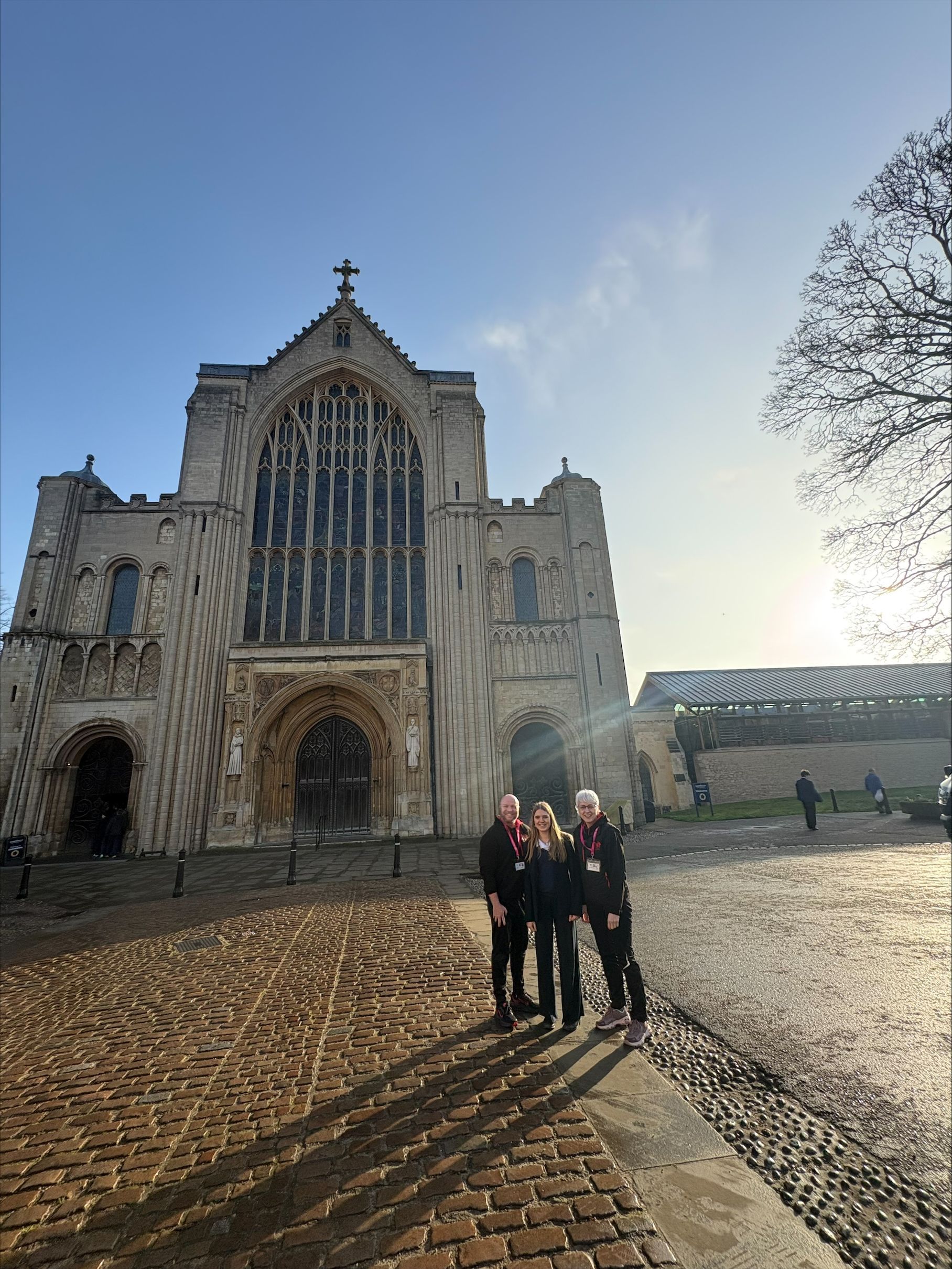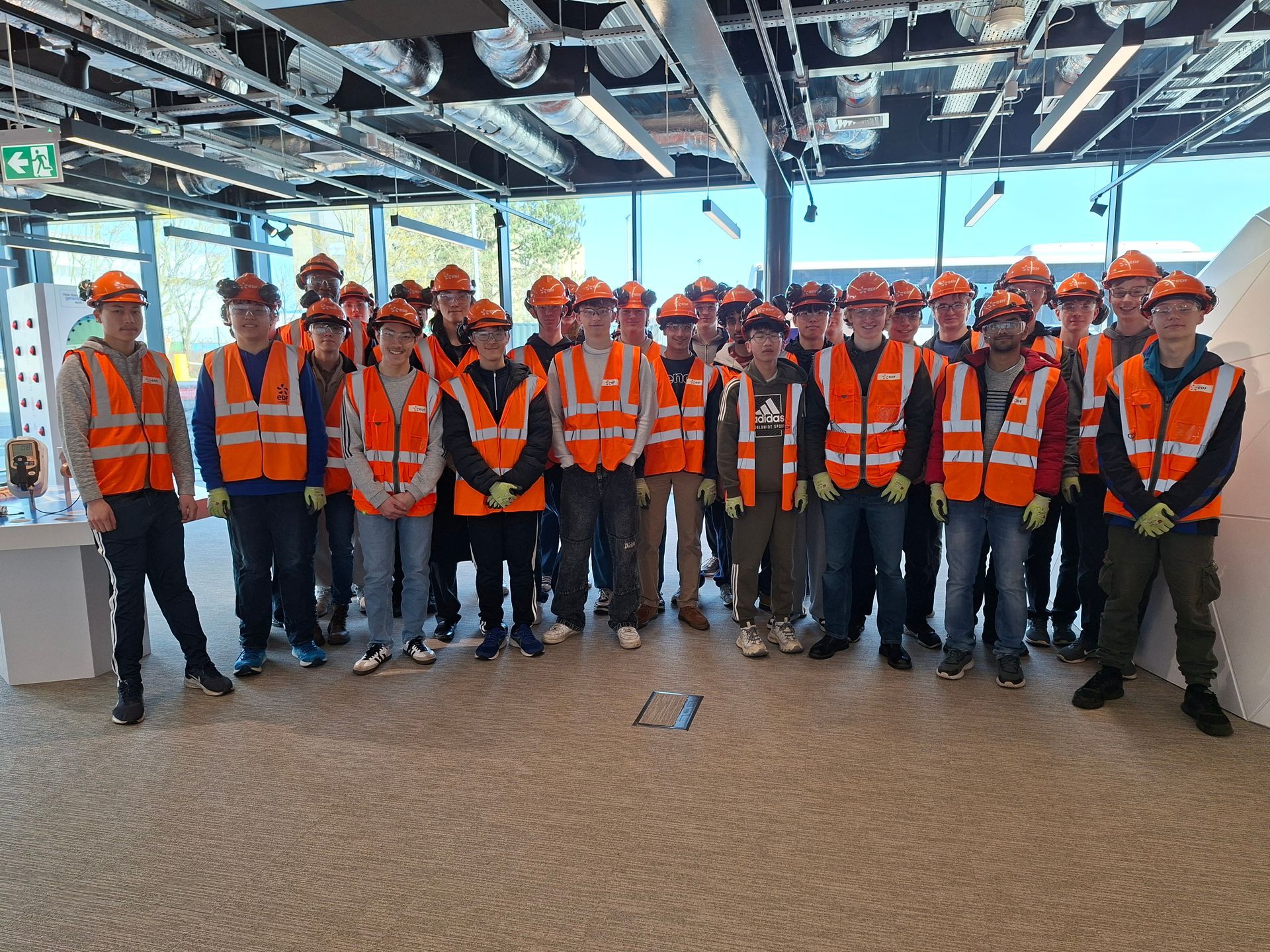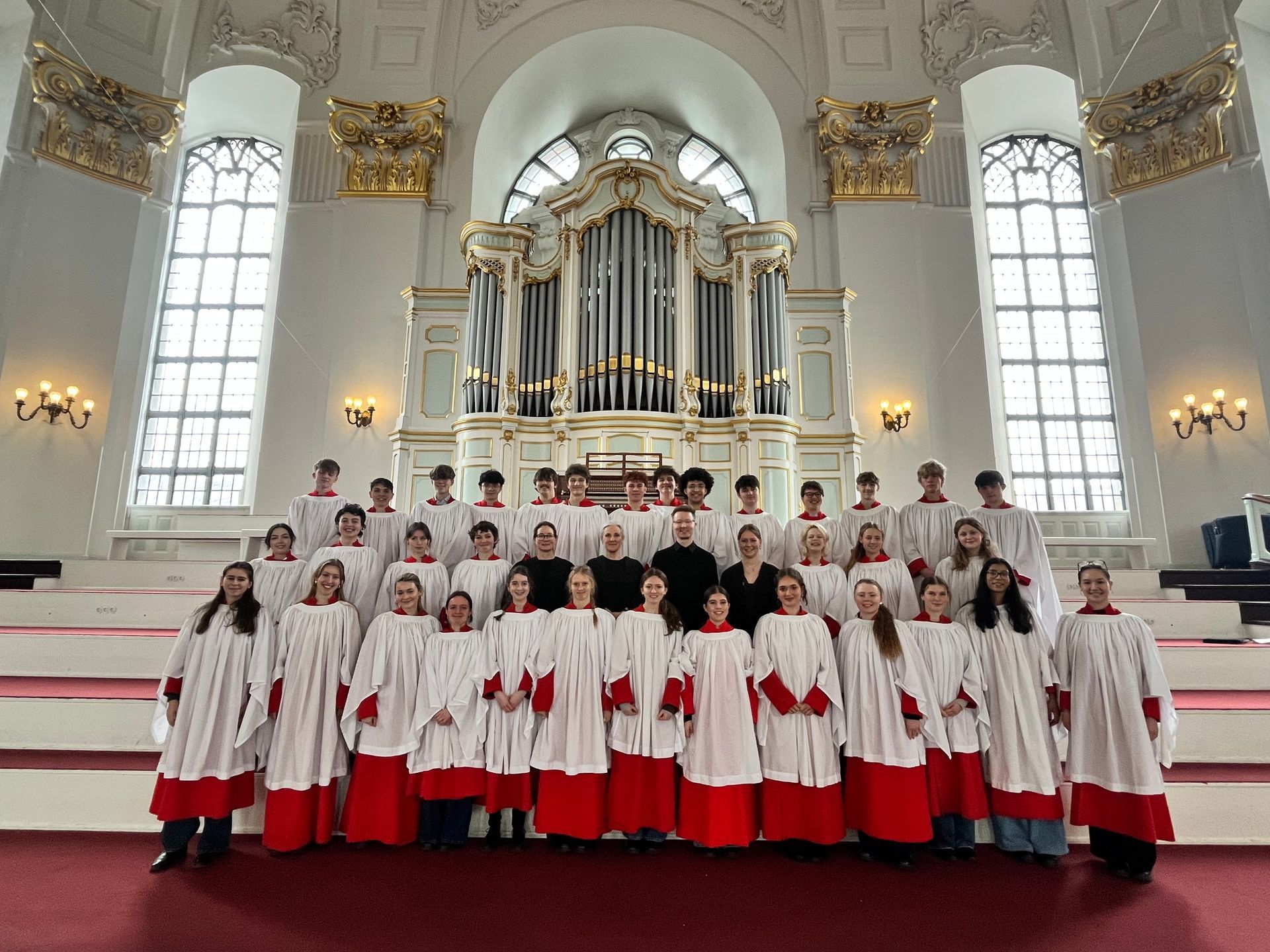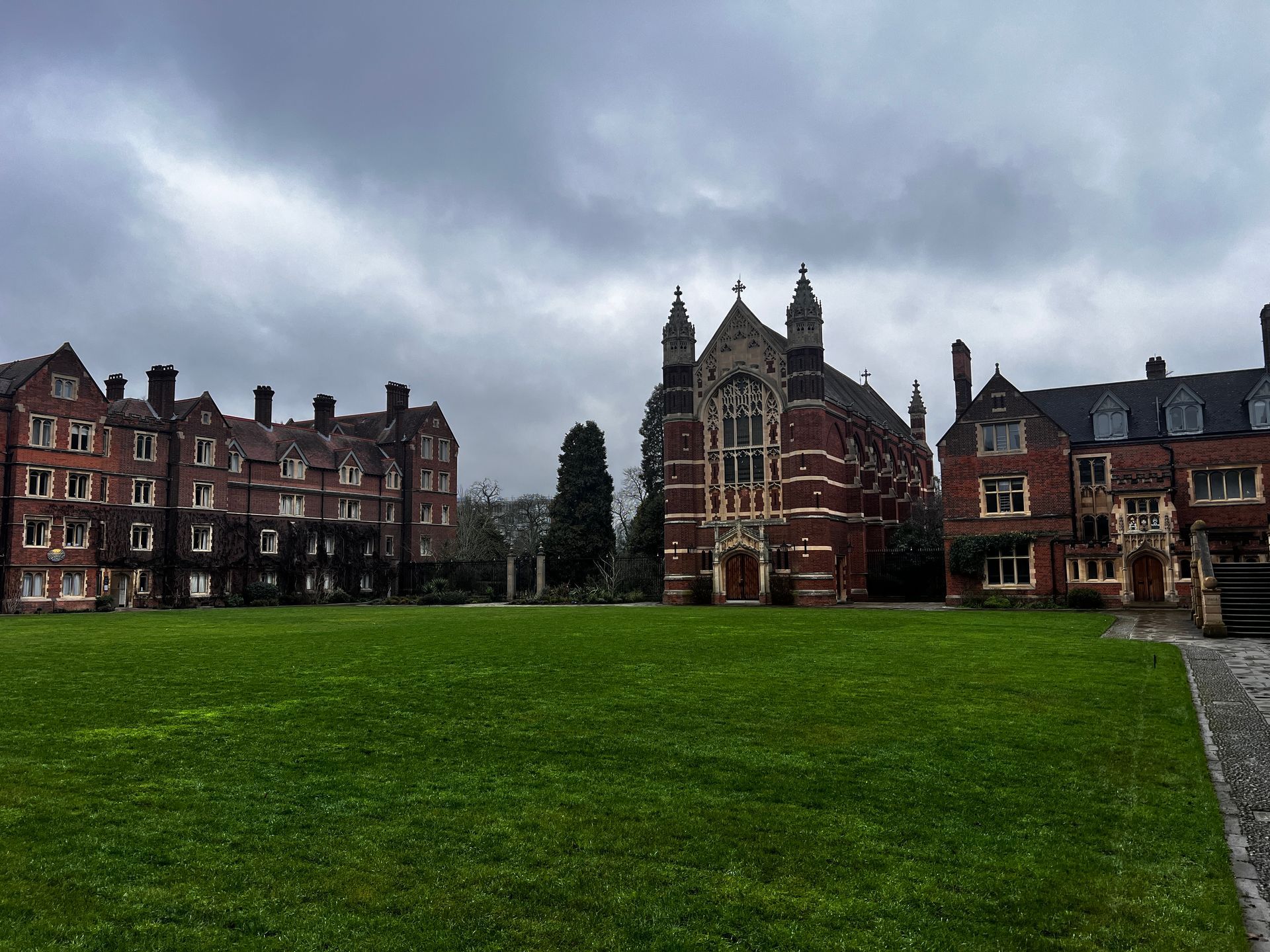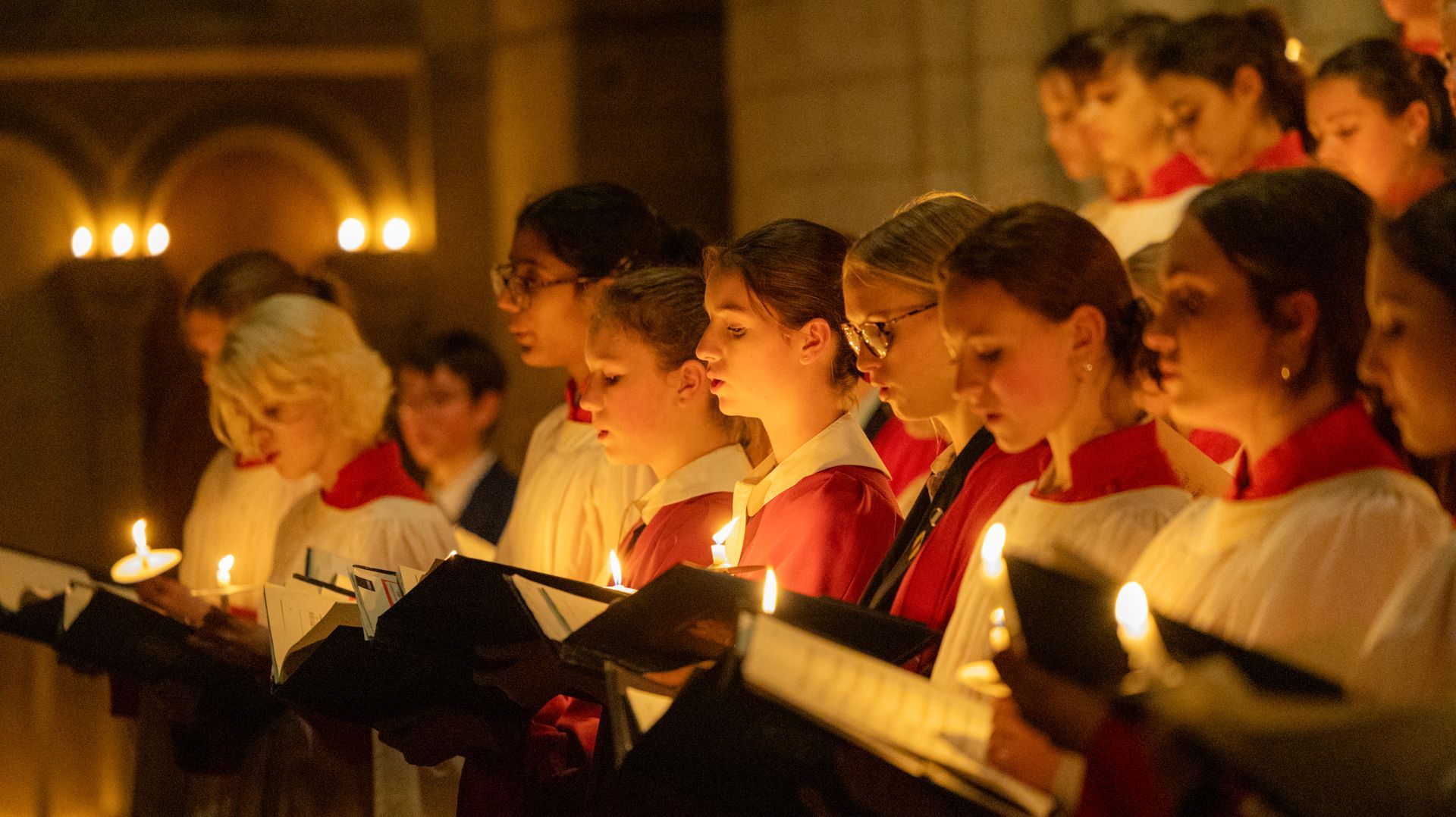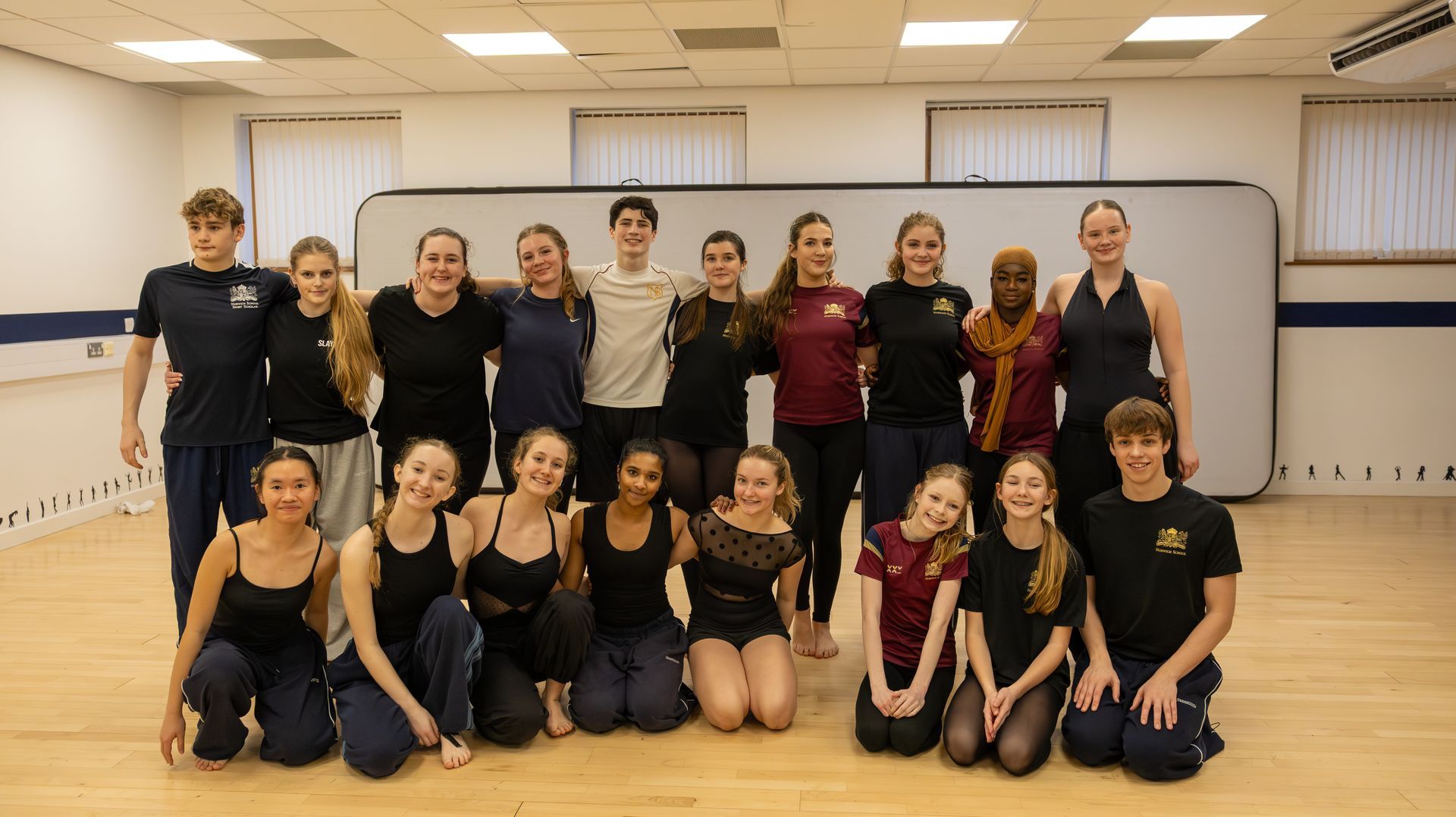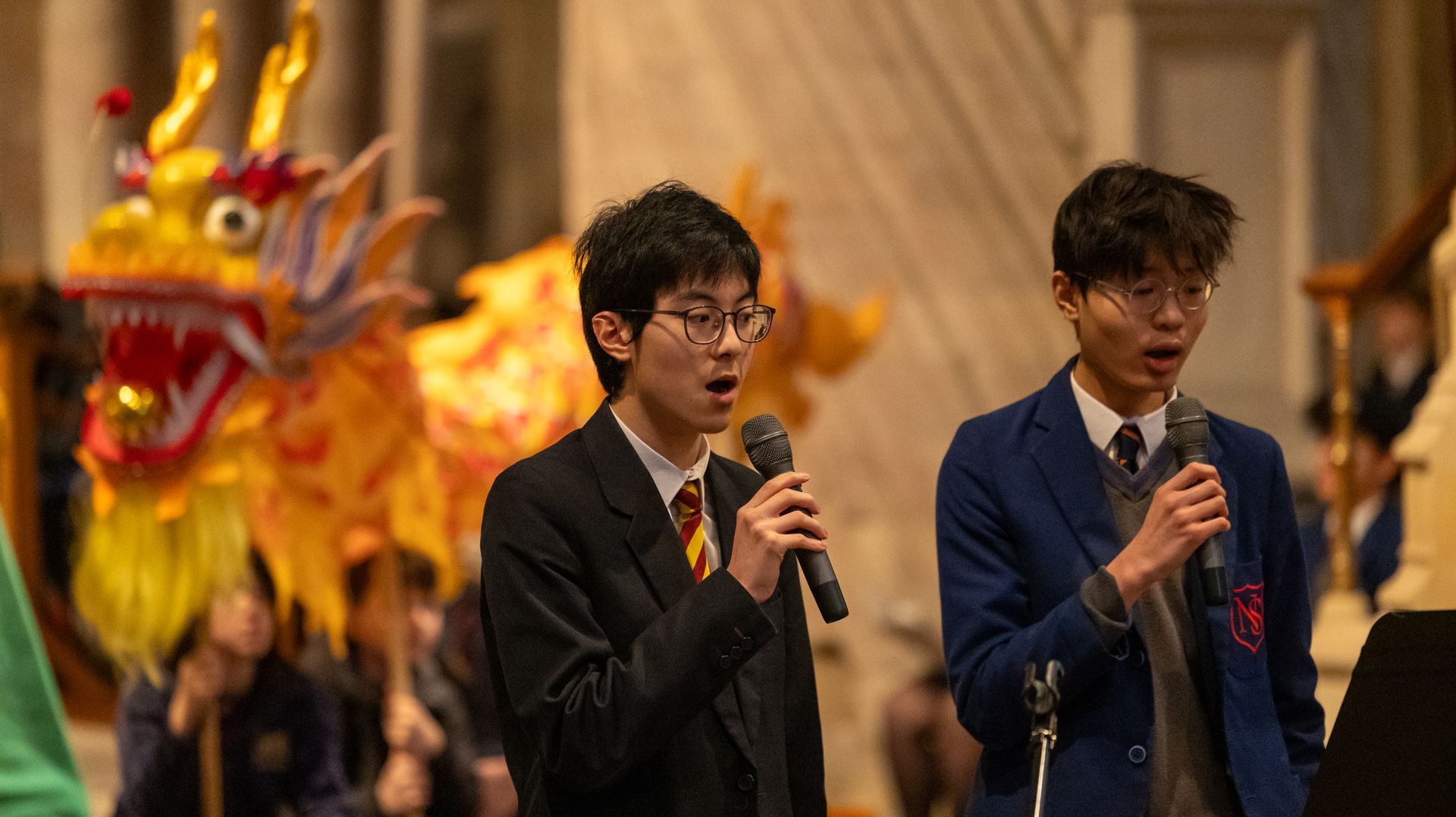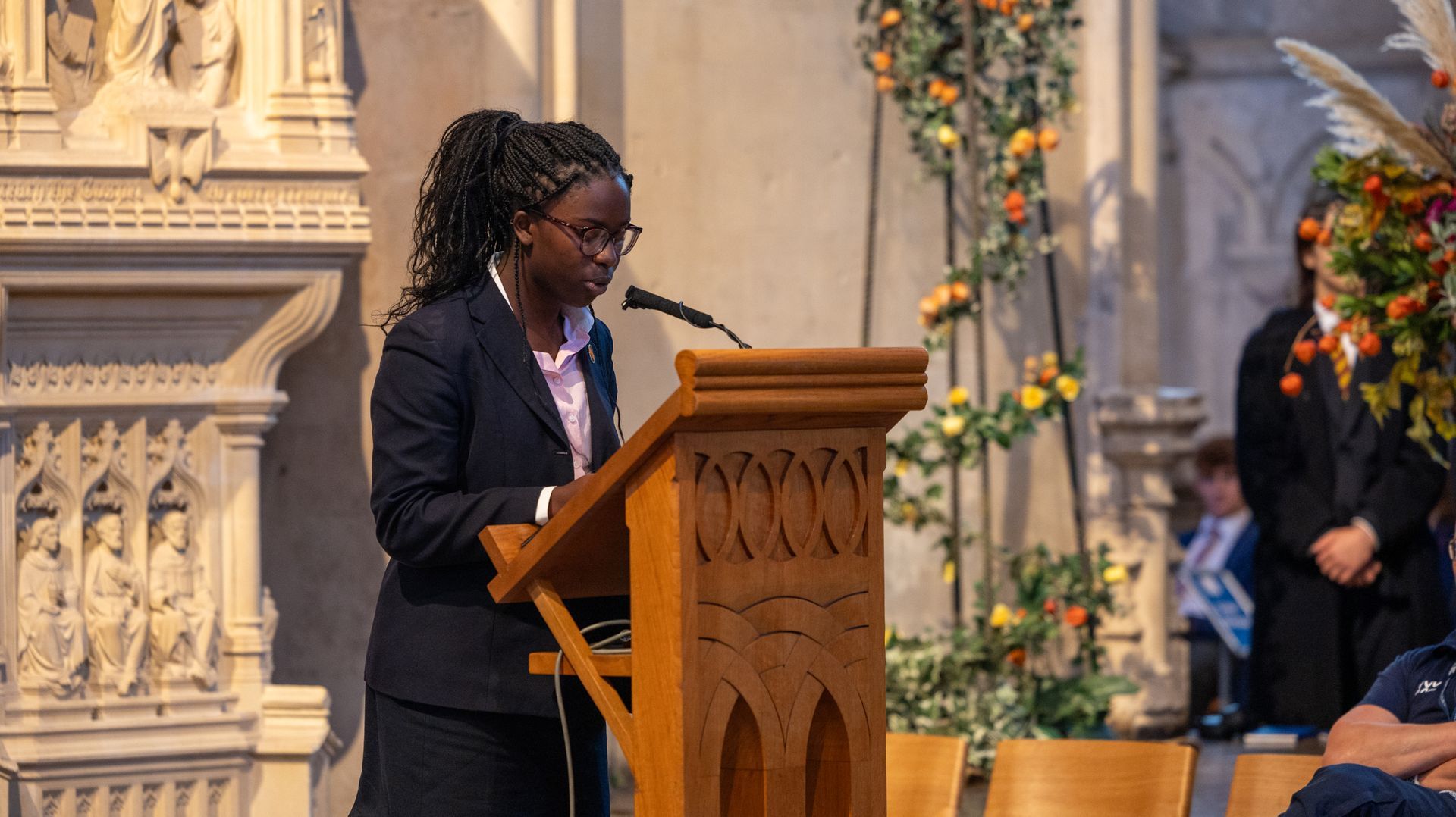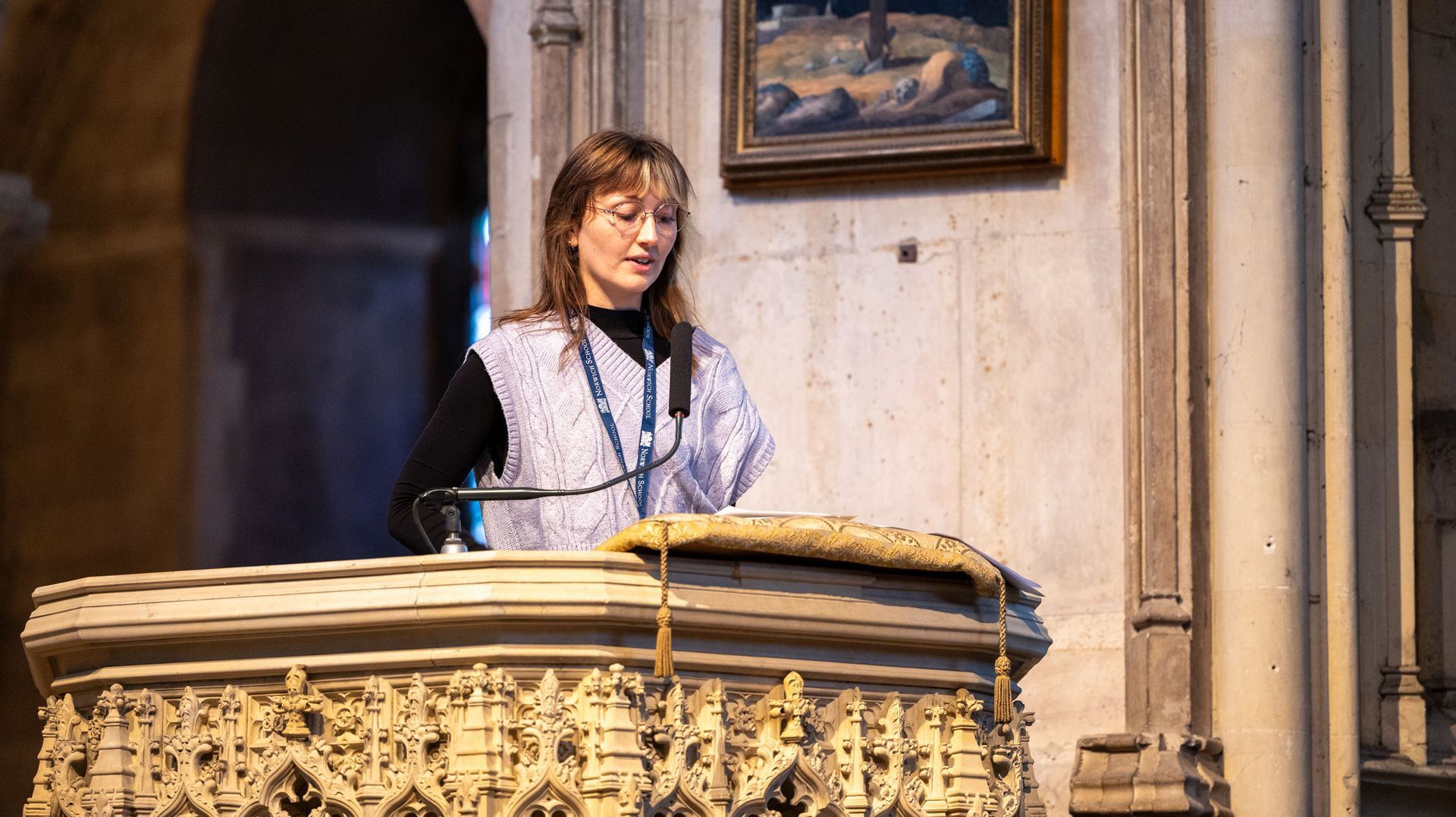An Assembly on Black History Month - Delivered by U6 Pupil, Isio Emore and EDI Officer, Amber Scott
October 15, 2025
Good morning, everyone. October is Black History Month, and today we want to speak to you about our local history here in Norwich.
Norwich has long been a city for all – a place that welcomed strangers and fostered community. Today, you're going to hear about how the people of Norwich and Norfolk played a role in abolishing the Slave trade.
In the 18th and 19th centuries, Black people lived and worked in Norwich. Some were involved in the campaign against slavery and others we know about by pure chance through paintings, records, and documents. These people weren't just visitors passing through – they were Norwich residents, shop owners, performers, and campaigners who shaped our city's history.
Norwich was a significant city in the abolitionist movement; it was one of the places where the anti-slavery movement was strongest in the entire country. In 1785, local Quakers set up a committee to support the abolition movement. This was twenty-two years before slavery would finally be abolished. But Norwich people didn't just talk about change – they acted.
Many local people stopped buying sugar in protest. Now, this might not sound like much to us today, but back then, sugar was expensive and precious. By refusing to buy sugar produced by enslaved people, Norwich residents were using their purchasing power to demand justice. Women were particularly active in this movement. Amelia Opie, a Norwich writer wrote a poem for a children’s book that raised awareness of the pain caused in the production of sugar, speaking out against the exploitation of enslaved people. She was also one of the founding members of the women's anti-slavery group here in Norwich. If you look above Café Gelato, you can see a statue of her on Opie street. These women helped organize the sugar boycott and targeted merchants and shops that were linked to the slave trade. They made it uncomfortable for businesses to profit from slavery.
When the House of Commons voted in April 1792 for the gradual abolition of the slave trade, it is rumoured that the bells of St Peter Mancroft Church, in the city centre, rang out for two days to celebrate. The celebration was short-lived though, as the House of Lords insisted on hearing all the evidence that had been put in front of the Commons. There was a delay for a year and then war with France meant the whole process was set back. It was not until 1807 that William Wilberforce's campaign finally brought an end to the slave trade. During the campaign for Abolition, Norfolk towns welcomed Black speakers, many of whom even visited smaller villages such as Shelton and Saxlingham Nethergate. One of these speakers was Olaudah Equiano. After his visit, the people of Norfolk contributed funds to publish the eighth edition of Equiano’s autobiography, The Interesting Narrative of the Life of Olaudah Equiano, or Gustavus Vassa, the African. This book was revolutionary, providing a detailed description of the horrors of the Middle Passage—the transatlantic journey endured by enslaved Africans. Equiano's narrative played a pivotal role in raising awareness about the brutality of the slave trade.
Additionally, a petition to abolish slavery of over 17,000 signatures was collected at St Andrews Hall in 1828. The road to ending slavery was a long one with many setbacks, but victories were eventually secured in the Abolition of the Slave Trade 1807, the Slavery Abolition Act in 1833 and the ending of slavery in America in 1865.
These stories show us that Black history isn't something separate from British history or Norwich history – it IS British history, it IS Norwich history. These events happened on the streets you walk down every day. As you walk through the city, remember the bells of St Peter Mancroft ringing for justice, or the petition Signed in St Andrew’s Hall.
These stories also teach us that ordinary people create extraordinary change. The Norwich residents who boycotted sugar weren't politicians – they were everyday people who saw injustice and decided to act. Norwich has long been a city that welcomed strangers and fostered community. That's not just our past – it's what makes us all who we are today.
